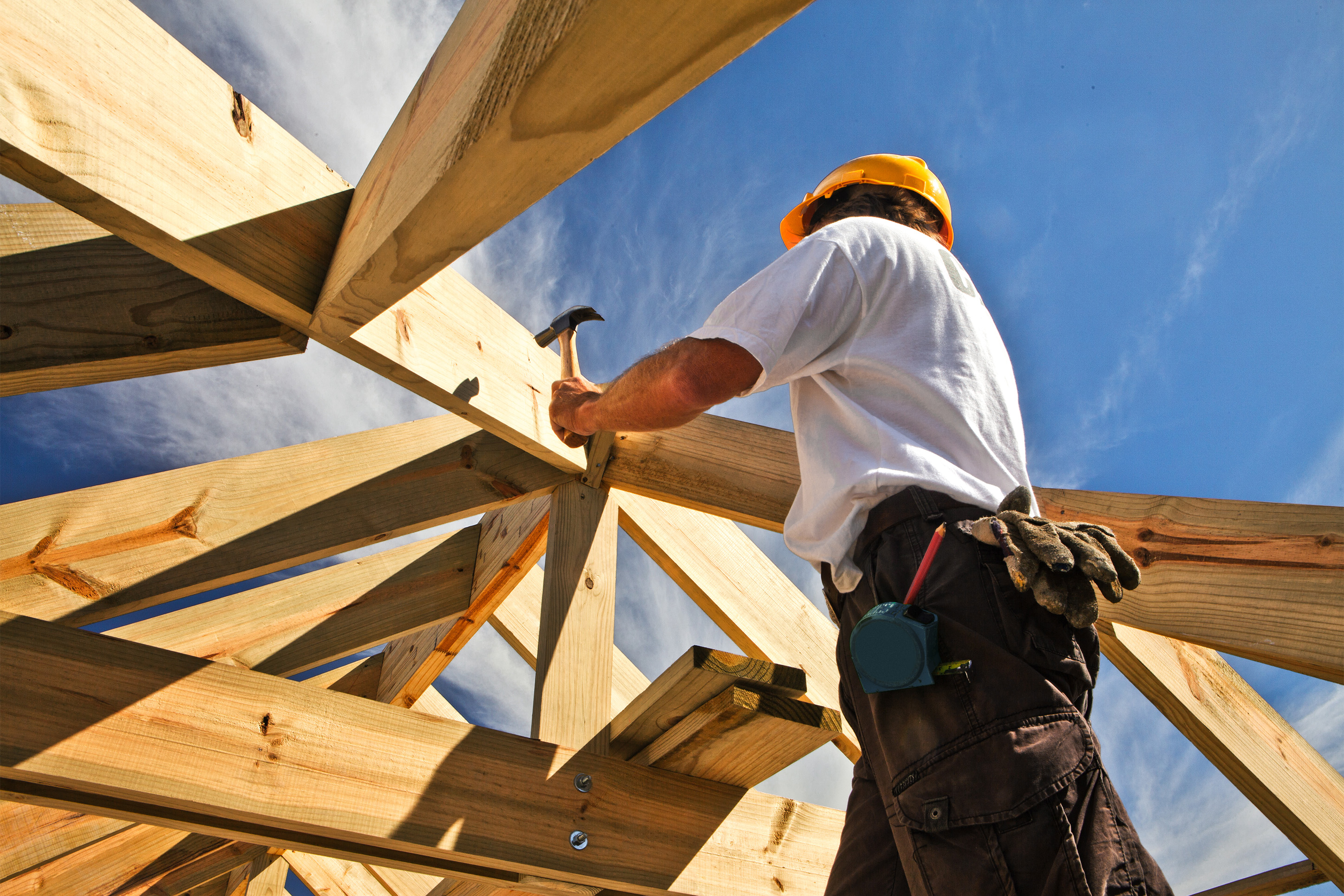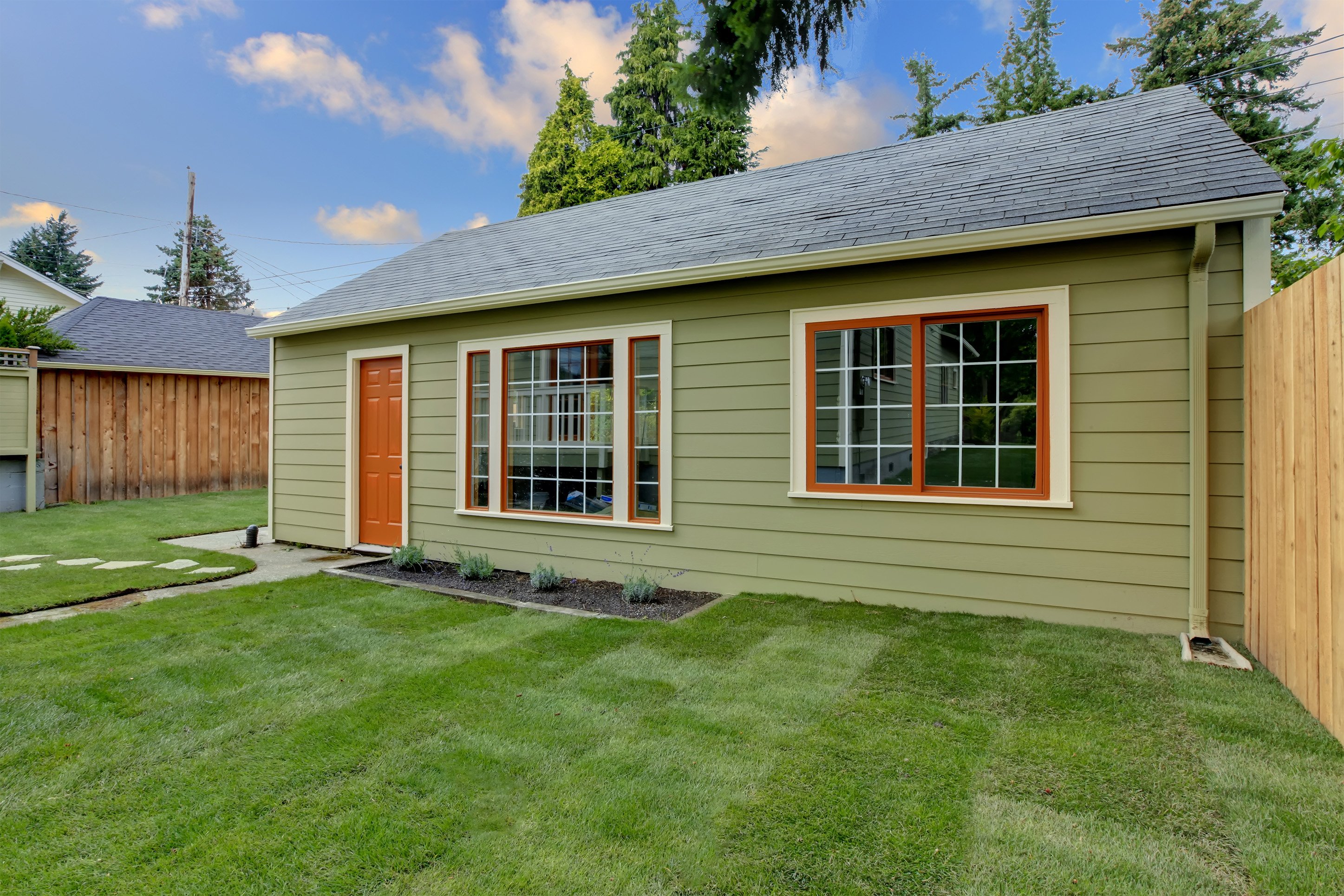What is an ADU?
An accessory dwelling unit (ADU) is a living space, either detached or connected, that shares a lot with another house. It’s smaller than the main unit: it could be an apartment above the garage or a tiny house in the backyard. You’ll sometimes hear them referred to as mother-in-law suites. The key is that they exist on the same lot as the main house, and the two can’t be bought or sold separately.
Why Should You Build One?
People in many different situations can benefit from an ADU. Children of aging parents might prefer a little separation from their families while still being close by (the typical mother-in-law apartment), or homeowners might be looking to expand the value of their property and help pay their mortgage by having a renter living in an ADU. Some parents might like to hire full-time childcare help and be able to offer onsite housing. Alternatively, it’s a great way to give adult children a leg up in their living situation while having more privacy.
Review Your Zoning and District Requirements
The ease of building an ADU varies depending on the community you live in. In some places, you may find stricter regulations, and in others, the pressures of rapid population growth mean that communities are relaxing restrictions to make higher population density possible. In the past few years, Bozeman has updated regulations to make it easier for homeowners to build ADUs due to the uptick in housing demand in the city.
You can find zoning information on most county and city websites. If yours isn’t available with a quick Google search, you may have to call the courthouse directly. You can learn more about Bozeman’s process, Helena’s building requirements, and Butte zoning online.

Start Thinking About Design
How you want to design your ADU depends on your needs, its intended use, and your property size and location. For some, putting in an apartment over an existing garage may be possible, or you could try converting unused space. For others, you may need to start from scratch. It’s a good idea to talk to an architect early in the process or look into prefabricated options.
Get an Estimate
ADUs can vary significantly in cost, depending on design, existing structures, materials and time, just like any other project. But unlike other builds, there’s much less information about cost. It’s best to get quotes right out of the gate to plan how you’ll pay for your ADU. A home equity line of credit (HELOC) may be a possibility to help cover the costs, depending on how much equity you have in your home already. You may also qualify for other loan types. To find out more based on your unique situation, contact an RMCU lending specialist.
Contract With a Pro
It pays to work with a professional on a project like this, especially one who can help you navigate the rules and regulations in your community. Reach out to local contractors to set the ball rolling on your project, and get ready to enjoy the benefits of your ADU.
For more help financing home improvements to make your property an even better investment, contact an RMCU home loan officer to learn more about your options.

If you enjoyed this blog, you might enjoy these other related blogs:





